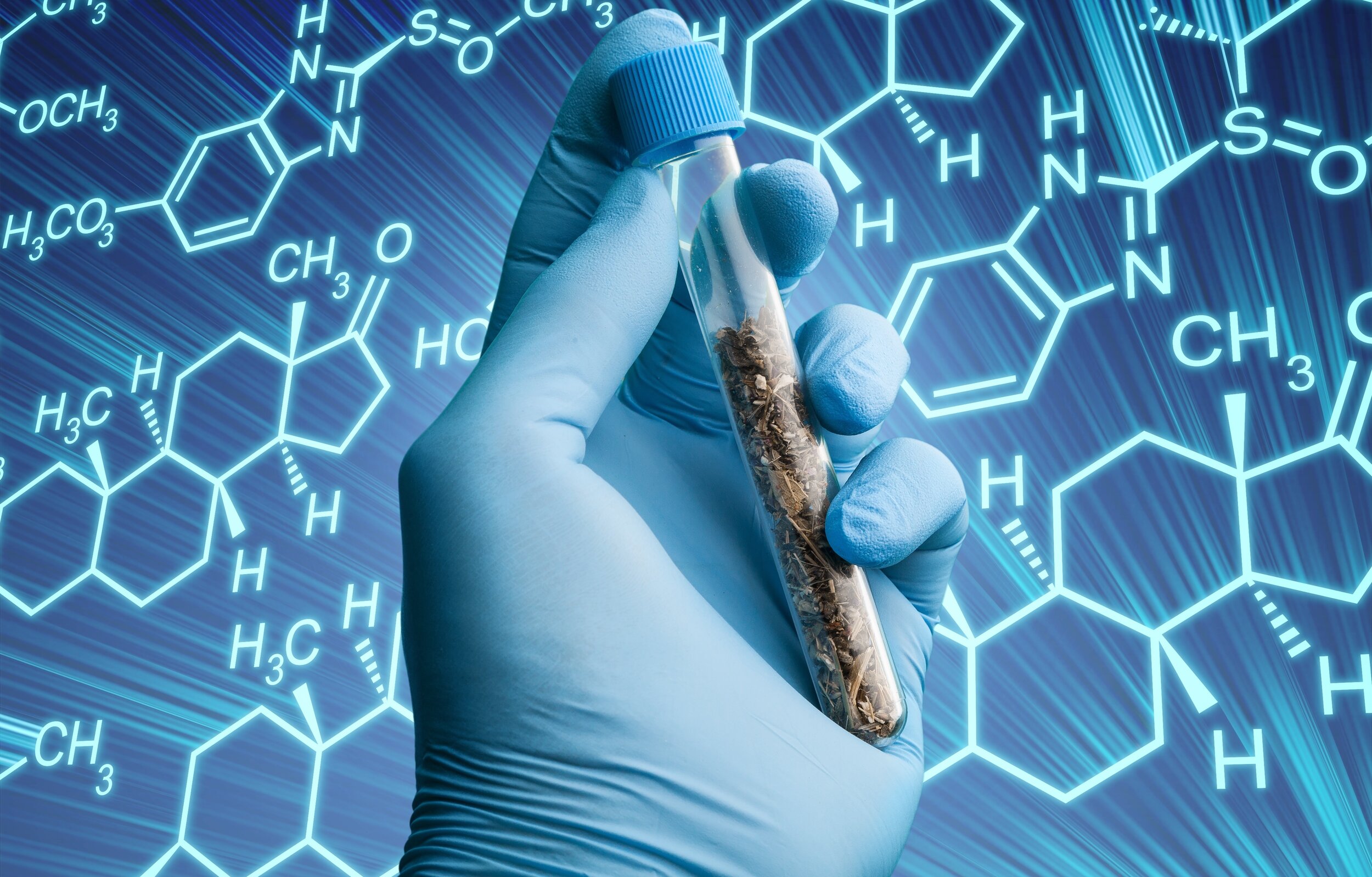Marijuana Is Bad For Athletes (so are Nicotine & Alcohol - btw)
/The brain is very important to athletic performance, which is why marijuana (THC) is bad for athletes. Marijuana (THC) is a hallucinogen, which means it distorts perception; it distorts time and space. Said differently, all the feedback one gets about themselves and their environment while they are “high” or affected by marijuana is distorted. Distorted feedback obtained while high is not helpful in reality - when not high. Marijuana also specifically impairs movement and memory function in the brain. See Marijuana-Physiological Impacts for more information.
Athletes are constantly engaged in both neurological and physical function via training; they are strengthening their bodies, they are learning and perfecting movement, they are creating "muscle memory" that anchors physical skill, they are learning a sport - the nuances and possibilities of how a game is played, and all the while they are creating mind/body connections that support their skill and ability to perform. Athletics is an ongoing accumulation of experience, practice, feedback then application of this new learning then more experience, practice and feedback and the cycle goes on and on. An arc of athletic skill, understanding and experience is created as an athlete trains in their sport.
Marijuana interrupts all of this neurologically and even creates feedback an athlete has to unlearn. While under the influence of marijuana memory is lost, distorted and disconnected while the body’s ability to move correctly is impaired. These faulty experiences poke holes in that arc of athletic skill - reducing the capacity to perform over time.
Are athletes typically high during games and practices? It is disturbing to know that some are, but the vast number of marijuana-using athletes are not acutely high during play. However, marijuana is lipophilic, or "fat-soluble.” This means marijuana stays in one's body for a long time even after the acute high goes away. 2-4 weeks is common for all THC to clear the body. Most users, can cognitively rise above this remaining low-level, metabolite-form of impairment, but it is impairment nonetheless. And it can be detected in sensitive tests designed to evaluate physical coordination and memory. If athletes use pot on the weekends, it can still affect how they play and what they learn from practice the following week.
This is true for any form of THC consumed. Marijuana that is smoked or vaped however, does have additional negative impact on the cardiovascular system and specifically lung function - important bodily function for athletes. See below for more detail.
Marijuana is bad for all athletics.
Notes on Nicotine
Given an increase in athletes who vape nicotine, it’s important to understand how it negatively impacts athletes too. Nicotine is a stimulant not a hallucinogen, so there is not the perceptual distortion, however this artificial stimulation at the neuro-muscular junction has many negative impacts.
Nicotine causes an immediate burst of energy (adrenaline), but it quickly resolves (goes away) leading to lethargy (adrenal exhaustion) or the need for more nicotine.
Nicotine causes vasoconstriction (narrowing of blood vessels), so does smoked or vaped marijuana. This can result in hypertension (elevated blood pressure) and decreased blood flow to the heart. Simultaneously, nicotine can produce irregular heart rhythms (arrhythmia) as well as increase heart rate or cardiac output, which places a greater workload on the heart. Something athletics is already doing.
Smoking or vaping either nicotine or marijuana also decreases the amount of oxygen-rich blood received by the muscles – critical for endurance. Ongoing bronchi-dilation caused by smoke or aerosol* reduces the capacity of the lungs to take in oxygen; the smoke/aerosol breathed-in contains less oxygen to begin with along with carcinogens and other toxins; carbon monoxide from smoke binds to hemoglobin, which would normally bind to oxygen, further decreasing the amount of oxygen in the bloodstream.
Smoking (nicotine or marijuana) also causes the release of enzymes that break down and slow the synthesis of collagen, a protein in skin and connective tissue. When tendons, ligaments or bones are injured, collagen fibers are integral to the healing process.
Athletes who smoke (nicotine or marijuana) have less endurance, recover more slowly, heal more slowly, are weaker and suffer more injuries than their nonsmoking competitors.
Nicotine is bad for all athletics.
*Vaping produces an aerosol (not smoke or vapor) that is breathed in and out.


